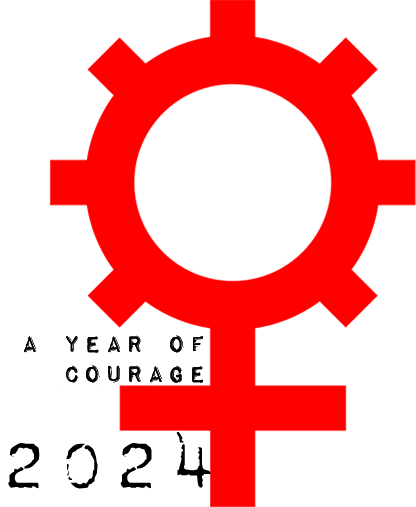If I were to ask you, ‘Where are you?’ How do you answer that question? Generally speaking, we choose the label by which the ground under our feet is identified and stop thinking any further. Perhaps we are in ‘Chicago’ (Illinois, USA), which is our answer. Well, where is Chicago? On a planet rotating around a star. The star is in an arm of a galaxy, moving around a black hole. Finally, the galaxy itself is moving in an ever-expanding universe. In real terms, ‘Where are you?’ changes rapidly every moment. However, we do not have a universal grid to measure our absolute position, so a basic answer such as Chicago works for reference.
Akin to the question, ‘Where are you?’ How do you answer the question, ‘Who are you?’ We choose basic labels without diving too deep and throw them out to satisfy the inquiry. Let us pretend you chose the term ‘Kind’ as an answer. What is the definition of ‘kind?’ We do not have a universal grid to measure absolute kindness, so it will always remain relative to a person’s experiences and judgments. Someone calling themselves kind is instead saying, “I am kinder than meaner on average,” based on their threshold of what ‘kind’ is.
The deeper we delve into ourselves, the more unknowable we become. If we hold a piece of string in our hands, we quickly call it string. If we delve deeper into the string, we find atoms, which are protons, neutrons, and electrons. Examining those even closer, we find quarks, and trying to pinpoint quarks and other quantum particles is no easy feat. Similarly, we may appear to be one monolithic thing on the surface. Upon closer examination, we are not only comprised of many things, but those things are elusive and changing.
We often punish ourselves for failing to be who we thought we wanted to be. All too often, our focus is anywhere but on who we are and how to nurture it. Buddhism teaches us that the root of all suffering is attachment; in this case, what we are attached to our ideas of ourselves that only exist in our minds as projections. We project ourselves as something we are not in our minds, and through those projections, we set up goals that will not be attainable as they do not fit with our true nature. As our authentic selves, we fail at these goals and then experience guilt and shame for failing. However, it wasn’t the effort that was erroneous; it was not respecting our true nature originally.
If we zoom in far enough, we are unknowable. Our individual decisions may change due to factors such as fatigue, experience vs. curiosity, risk management, stress levels, etc. However, we can take the time to learn ourselves to a ‘more often than not’ degree. We can also look at goals as a ‘more often than not’ viewpoint. We can practice kindness more often than not, whereas before, we were apathetic. If being kind is who we truly want to be, we can work to become kinder over time. Working hard for something you don’t care about is called ‘stress.’ Working hard for something we love is called ‘passion.’ Working on ourselves is rarely time wasted. If we fail at our goal (in this case, being kinder), check to see if it is your true self making that goal or something you got distracted (a projection) doing. If your true self is slipping up, practice forgiveness and try again. If it isn’t your true self, put it down and return to your true self, even if it takes some introspection to remember or (re)discover who that is; you are worth it.
